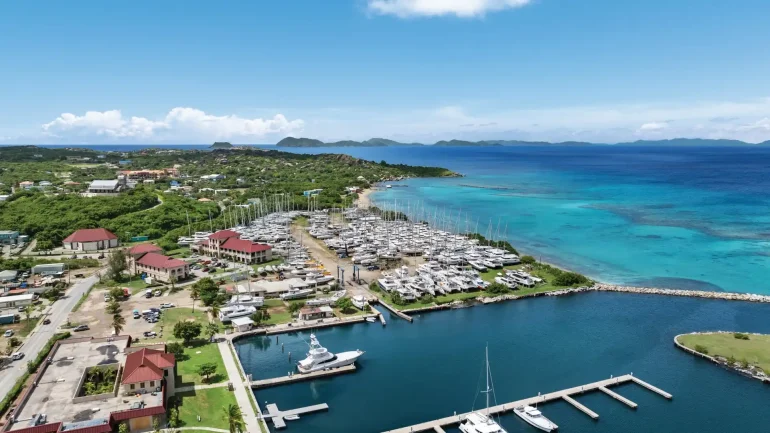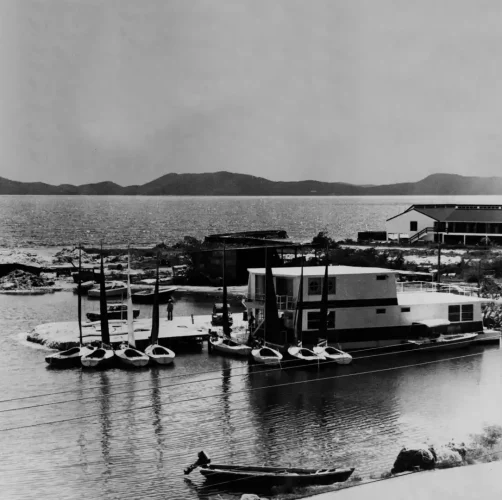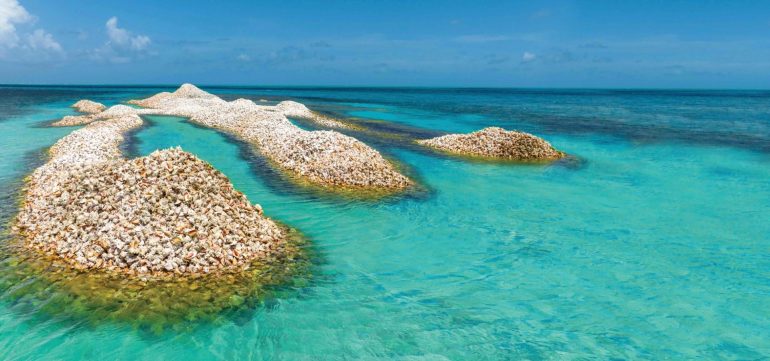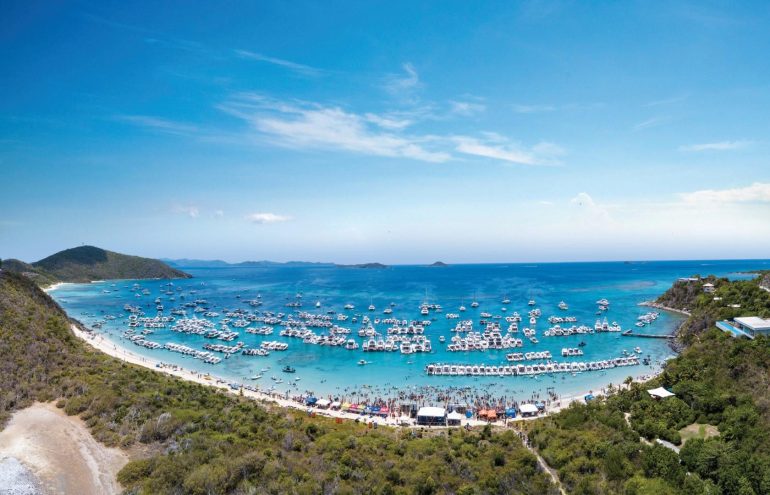How Can We Go Green?
As the keynote speaker of the inaugural BVI Go Green Festival, Angela Burnett Penn outlined simple practices that the BVI can adopt in order to become more environmentally proactive. Her recommendations included steps that individuals can take as well as measures that the BVI government should instil.
“Climate change is a direct result of humans’ unchecked use of fossil fuels for energy,” Ms. Penn said. “While the Virgin Islands and the Caribbean as a whole contribute very little to the problem, we are on the front line of the impact and must be a part of the global effort to curb the problem.”
The three areas that Ms. Penn focused on were energy, water and waste. As an example of energy conservation, Ms. Penn cited Barbados’ use of solar water heaters—a program that has led to $400 million savings—a savings that affects individuals as well as government. The Barbados government has supported the solar water heater program by removing import tariffs on materials required to manufacture solar water heaters and then implementing a 30% tax on electric water heaters. The program has created new jobs in the manufacture, installation and servicing of the solar heaters.
For water conservation, Ms. Penn put forth a plan that could save almost 43,000 gallons of water per year for a typical family of four. She suggested the use of ultra-low-flush toilets (saving 15,500 gallons/year), replacing old shower heads with low-flow shower heads (saving 10,000 gallons/year), using aerators on all household faucets (saving 6400 gallons/year), and purchasing a front-loading washing machine instead of a top loader (saving 11,000 gallons/year). Ms. Penn pointed out that the total amount saved equalled the size of a standard cistern in the BVI.
“Everything that passes through our ports, eventually, whether after one week or ten years, ends up at the incinerator,” Ms. Penn said when she shifted her focus to the problem of waste in the BVI. Ms. Penn called upon business owners to commence using environmentally friendly containers for take away instead of polystyrene packaging. Then she brought up the ubiquitous plastic bag. “We can all confess to having more plastic bags stashed under the kitchen sink than we can possibly use,” she said. Also under the sink is what Ms. Penn called a “toxic soup” of cleaning products—chemicals that eventually end up in the sea. Another waste issue that she mentioned was the lack of holding tanks in the BVI for sailing vessels. “We have developed ourselves as the sailing capital of the world,” she said, “yet fail to put in place basic measures to handle waste generated at sea.”
Ms. Penn’s suggestions to individuals, businesses and government were not outlandish; rather, they proposed easy ways that each of us can take accountability for our island habitat which provides us with the water we drink and the air we breathe. Ultimately, she said, “It is a selfish thing to want to protect nature.”





